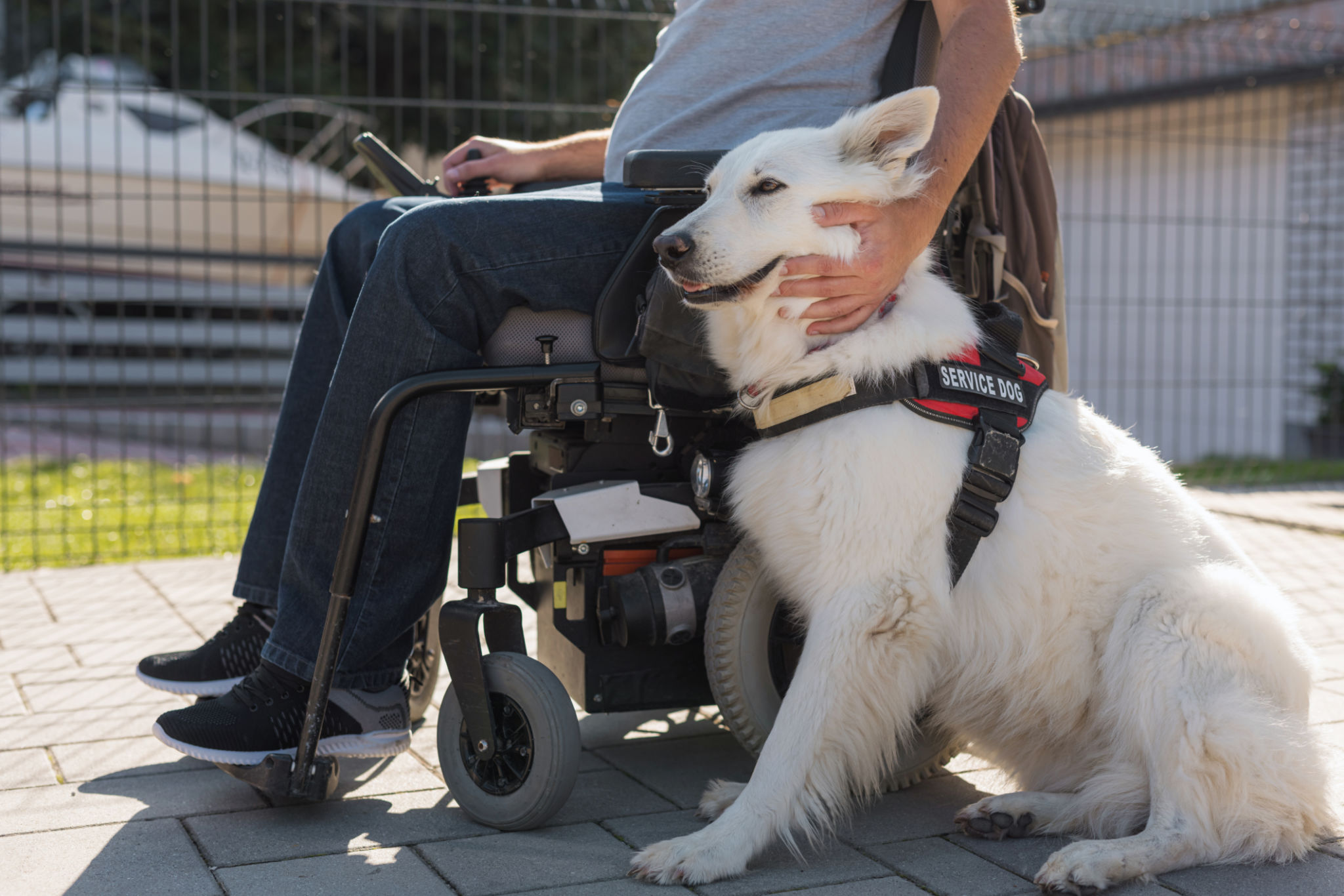Understanding the Legal Requirements for Psychiatric Service Dogs in the U.S.
Understanding Psychiatric Service Dogs
Psychiatric service dogs (PSDs) play a crucial role in supporting individuals with mental health disorders. These specially trained animals perform tasks that assist their handlers in managing symptoms, providing both emotional and practical support. However, owning a PSD involves understanding specific legal requirements, especially in the U.S. where regulations can vary substantially.
In order to be recognized as a psychiatric service dog, the animal must be trained to perform tasks directly related to the handler's psychiatric disability. Unlike emotional support animals (ESAs), PSDs are granted access rights under the Americans with Disabilities Act (ADA), which provides them with certain protections and privileges.

Legal Protections Under the Americans with Disabilities Act (ADA)
The ADA ensures that individuals with disabilities have equal access to public places and accommodations. Under this act, PSDs are permitted to accompany their handlers into establishments where pets are typically not allowed, such as restaurants, hotels, and public transportation. It's important to note that the ADA only covers service dogs and does not extend the same rights to ESAs.
Handlers of psychiatric service dogs are not required to carry documentation proving their dog's status or the handler's disability. However, businesses are allowed to ask two specific questions to determine if a dog is a legitimate service animal:
- Is the dog a service animal required because of a disability?
- What work or task has the dog been trained to perform?
Training and Certification Requirements
Unlike many countries, the U.S. does not mandate a formal certification process for service dogs, including PSDs. The critical requirement is that the dog must be trained to perform tasks that mitigate its handler's psychiatric disability. Training can be conducted by the handler or a professional trainer, and there is no official registry or certification needed.

Despite the lack of formal certification, obtaining a letter from a licensed mental health professional can be beneficial for individuals needing travel accommodations or housing where pets are restricted. This letter should verify the handler's need for a PSD due to their disability.
Air Travel with Psychiatric Service Dogs
The Air Carrier Access Act (ACAA) offers specific guidelines for traveling with PSDs on airlines. Passengers must notify airlines in advance and may be required to submit documentation, such as proof of the dog's training and vaccination records. Airlines cannot charge fees for transporting PSDs but can refuse access if the dog poses a direct threat to safety.
Housing Rights for Psychiatric Service Dogs
The Fair Housing Act (FHA) protects individuals with disabilities by ensuring they have equal opportunity to housing. Under this act, handlers of PSDs are entitled to keep their service animals in housing with "no pets" policies. Landlords cannot charge pet fees; however, they can request documentation from a healthcare provider verifying the need for a PSD.

Understanding these legal requirements is crucial for handlers to effectively advocate for their rights while respecting the responsibilities that come with owning a psychiatric service dog. Compliance with these laws ensures both the handler and their PSD can navigate daily life with greater ease and acceptance.